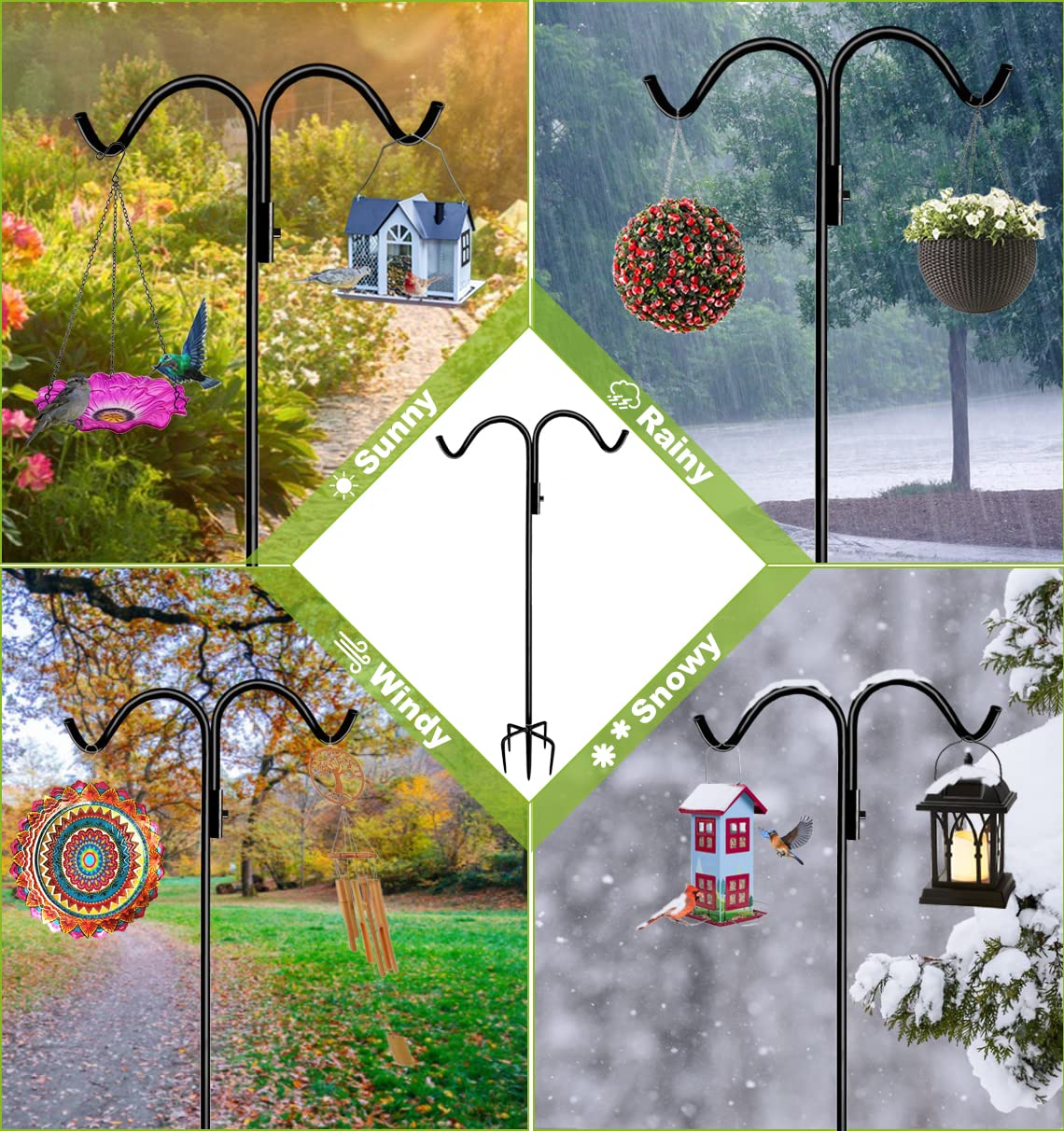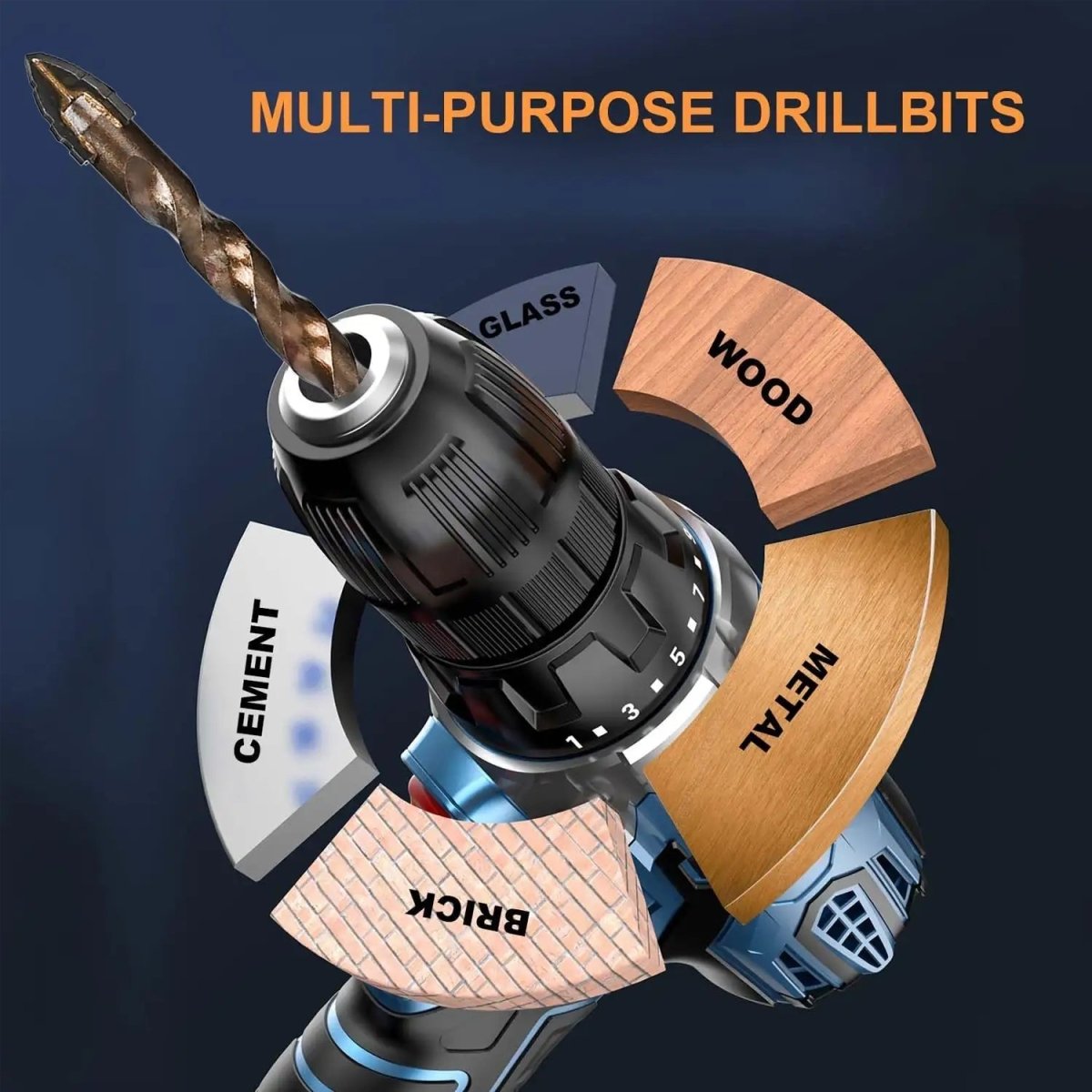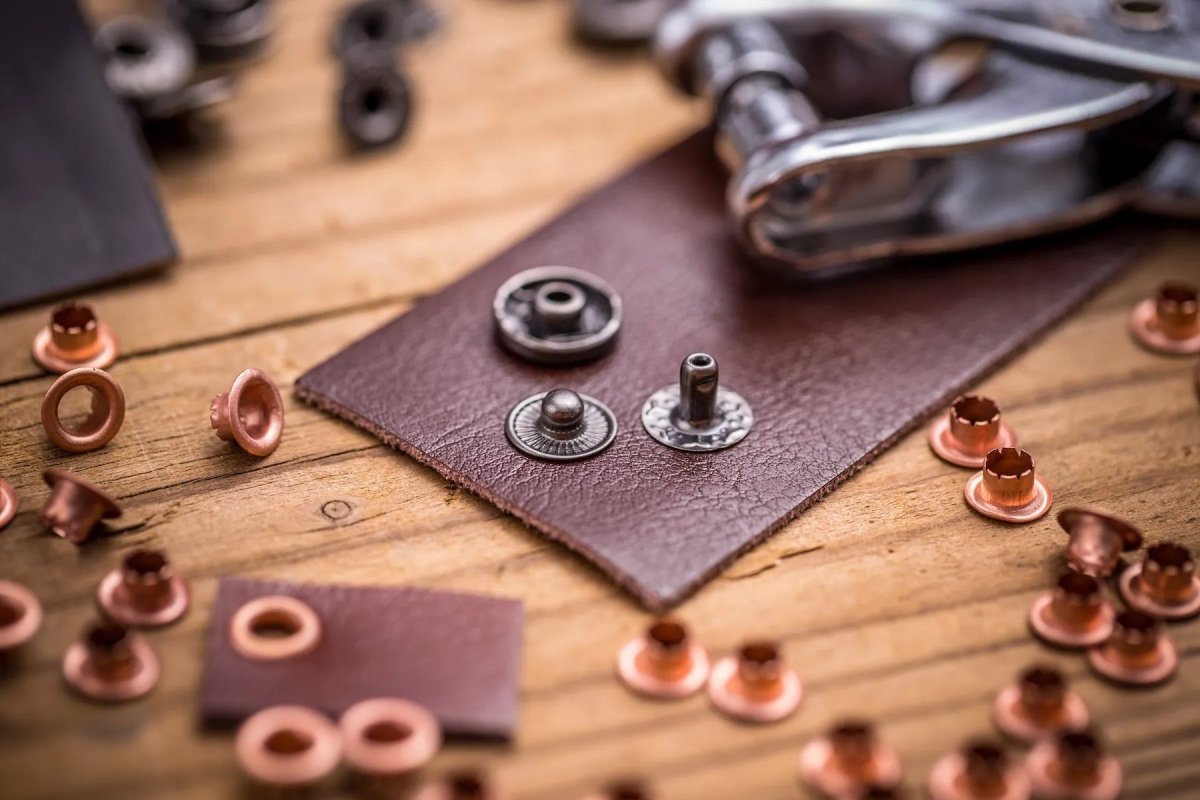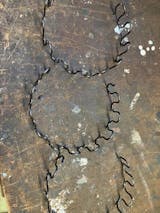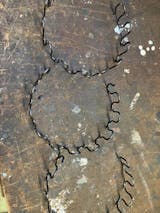A No‑Nonsense Buyer’s Guide
From classic single crooks to heavy‑duty double-shepherds-hooks, this guide breaks down every common style, material, and use case—so you can hang planters, lanterns, and bird feeders with confidence in any yard or garden.
The Core Types of Shepherd’s Hooks
In U.S. backyards, you’ll run into a handful of styles. Each solves a slightly different problem—how many items you want to hang, how much weight they are, and where you plan to mount the hook.
| Type | What it looks like | Best for | Pros | Trade‑offs |
|---|---|---|---|---|
| Single Hook (Classic) | One crook at the top of a straight pole. | One planter, wind chime, or feeder where space is tight. | Simple, affordable, quick to place, and low visual clutter. | Limited capacity; weight is all on one side, so stability depends on soil and anchor. |
| Double Shepherd Hook | Two opposing arms (often symmetrical). | Hanging two items—balanced weight (e.g., twin planters) or mixed (planter + lantern). | Balanced load improves stability; doubles capacity without a second pole; clean, classic look. | Costs a little more; needs space around both sides to swing freely. |
| Multi‑Arm (3+) | Three or more arms arrayed around the pole. | Statement displays, pollinator stations, seasonal décor. | Max hanging points; great for varied heights and looks. | Heavier and pricier; requires robust anchoring and mindful weight distribution. |
| Decorative / Themed | Scrollwork, finials, or motifs (leaf, bird, vintage iron). | Front‑yard curb appeal; weddings; photo‑worthy accents. | Elevates the look; can match architectural style. | Ornamentation can lower per‑arm capacity or catch wind. |
| Deck‑Mounted / Railing Clamp | Post clamps or brackets gripping a deck rail. | Balconies, patios, condos where you can’t dig. | No digging; removable; great for renters. | Lower load capacity than in‑ground; depends on railing strength. |
| Wall / Fence‑Mounted | Plate screws to wood/masonry; hook projects outward. | Narrow side yards, porches, entries, and garage façades. | Uses vertical surfaces; keeps footpaths clear. | Permanent holes; masonry requires anchors; clearance matters. |
For most households, a double shepherd hook hits the sweet spot: two arms, a balanced center of gravity, and the flexibility to create layered looks without planting a second pole. If you’re outfitting a single flower bed or a small lawn patch, this is often the most efficient way to hang more with less visual clutter.

Shepherd's Hooks's Ground Anchors and Mounting Styles
The anchor is the unsung hero. A great hook with a flimsy base is like a pickup with donut tires. Here are the common bases and how they behave in real soil.
| Anchor / Mount | How it works | Soil / Surface | Stability | Notes |
|---|---|---|---|---|
| Two‑Prong Spike | Stomp into soil; twin tines resist rotation. | Loam, turf, mulched beds. | Good for light–medium loads. | Fastest setup; add weight on the opposite arm to balance. |
| Four‑Prong Base | Cross‑shaped plate with four tines. | Grass and softer soils. | Better anti‑twist than two‑prong. | Good all‑rounder for double hooks and breezy days. |
| Auger / Screw‑In | Helical blade screws into the ground. | Sand, loose/airy soil. | Excellent hold in loose media. | Great near beaches or sandy planters; takes longer to install. |
| Ground Sleeve | Permanent tube set flush; pole slides in/out. | Lawns you mow often; high‑traffic areas. | Very stable once installed. | Best if you swap décor each season; sleeve stays put. |
| Deck Clamp / Railing Bracket | Clamps onto a flat rail; no drilling. | Decks, balconies, condo rails. | Good for light loads. | Check rail thickness; avoid over‑torquing clamps. |
| Wall / Fence Plate | Screwed mounting plate; hook projects outward. | Wood posts, studs, and brick with anchors. | High when properly mounted. | Mind clearances for doors and walkways. |
Quick tip: If you plan to hang a heavy planter on one side, place a lantern or second planter on the other side of a double shepherd's hook to counterbalance sway and reduce lean, especially in spring storms.
The Materials & Finishes of Shepherd's Hooks
Powder‑Coated Steel
The most common in American yards. Powder coat adds a durable, UV‑resistant shell over steel. It’s cost‑effective and available in matte black, oil‑rubbed bronze, or charcoal gray. For coastal areas, look for thicker wall tubing and a reputable powder system.
Stainless Steel
Resists corrosion exceptionally well. If you live by saltwater or leave hooks up 365 days a year, stainless is worth the premium. Pair with stainless fasteners if you’re mounting to decks or masonry.
Wrought Iron / Solid Bar
Classic, heavier, often hand‑forged looks. It’s strong and visually substantial—great for historic homes or formal gardens. Typically higher capacity but may need more robust anchoring.
Finishes & Touches
Matte coatings hide scuffs better. Look for caps on tube ends to keep water out, and sealed welds at joints. If you’re shopping for a heavy-duty double shepherd hook, prioritize thicker‑gauge steel and a multi‑step coating.
| Material | Weather Resistance | Look | Typical Use |
|---|---|---|---|
| Powder‑Coated Steel | High (with quality coating) | Matte black/bronze; modern classic | Most lawns and beds; budget‑friendly |
| Stainless Steel | Very high (coastal friendly) | Clean, contemporary | Coastal, year‑round installs |
| Wrought Iron | High (needs touch‑up paint if chipped) | Traditional, heritage | Formal gardens, heavy loads |
Heights, Load Ratings & Where They Fit About Shepherd's Hooks
Height dictates what you can hang and how it looks from the curb. As a rule, the heavier the load or the windier your micro‑climate, the more you’ll appreciate a taller, thicker, and more securely anchored post—especially a double shepherd's hooks where you can balance weight.
| Height | Typical Load Rating | Common Uses | Notes |
|---|---|---|---|
| 34–48" (Short) | Up to ~8–10 lb per arm | Tabletop planters on decks, pathway lanterns | Great for patios and railings; keeps sightlines open. |
| 60–72" (Standard) | ~10–15 lb per arm | Most hanging baskets, bird feeders, and party lanterns | Sweet spot for typical suburban yards. |
| 84–96" (Tall) | 15–25+ lb per arm (heavy‑duty models) | Large planters, multiple feeders, seasonal décor | Check clearance under tree canopies; use robust anchors. |
Shepherd's Hooks: Popular Use Cases
Planters & Seasonal Color
Hanging baskets pop at eye level and keep walkways clear. With a double shepherd's hook, you can pair a flowering annual with a trailing vine for layered texture—or balance a heavy planter with a lighter lantern to prevent leaning.
Birding
Feeder on one arm, water dish or suet cage on the other. The two‑arm layout helps distribute weight and gives birds a little more space. Keep setups 10–12 feet from shrubs to reduce ambush spots for cats.
Outdoor Lighting
Solar lanterns, café lights with swag hooks, or event lighting for a backyard party. Double arms let you blend function (illumination) with flair (a small hanging fern).
Events & Wayfinding
Weddings and neighborhood gatherings love shepherd’s hooks for signage, aisle markers, and favors. A pair of double shepherd hooks for outdoor can frame an entry while carrying two lanterns each—symmetry that photographs beautifully.

Side‑by‑Side Comparison Table Of Shepherd's Hooks
| Feature | Single Hook | Double Hook | Multi‑Arm |
|---|---|---|---|
| Hanging Capacity | 1 item | 2 items (balanced) | 3–6 items |
| Stability (same anchor) | Good | Very Good (balanced) | Varies (needs robust base) |
| Visual Impact | Minimalist | Classic, symmetrical | Statement piece |
| Best Use | Small spaces | Most yards, mixed décor | Large beds/events |
| Budget | $ | $$ | $$$ |
Buying Checklist About Shepherd's Hooks (What Actually Matters)
- Load rating per arm: Match to what you’ll hang when wet (planters get heavier after watering).
- Tubing gauge/bar thickness: Thicker metal equals less sway and longer life.
- Anchor style: Two‑prong is fast; auger excels in sandy soils; sleeves are king for permanence.
- Height vs. wind: Taller looks great—pair with a sturdier anchor.
- Finish quality: Powder coat should be even, with sealed welds and capped ends.
- Adjustability: Some models let you slide arms up/down; handy for tiered looks.
- Warranty & support: A sign that the maker stands behind outdoor use.
Shepherd's Hooks Setup, Stability & Safety Tips
- Pick the spot: Avoid buried lines; give plants and feeders clearance to swing.
- Seat the anchor: For two‑prong bases, step the tines in evenly. For augers, pre‑start the hole with a screwdriver through the eye for leverage.
- Plumb the pole: Use a level or eyeball against a fence line. A straight pole carries weight better.
- Balance the arms: On a double shepherd hook, hang the heavier item first, then the counterweight.
- Check after storms: Re‑seat or tamp soil if you’ve had heavy rain and wind.
- Mind the height: Keep hanging points above pet/kid play zones.
Shepherd's Hooks Care, Cleaning & Off‑Season Storage
Most maintenance is simple: a rinse and a quick look at joints. If the coating gets nicked, touch up exposed steel with outdoor enamel. In snow belts, consider pulling posts for winter or using a sleeve so the base stays put while the pole goes to the garage. Stainless and wrought iron can overwinter outdoors, but always empty planters before hard freezes to avoid surprise ice loads.
FAQ About Shepherd's Hooks
What size shepherd’s hook do I need for a 12" hanging basket?
Most 12" baskets weigh 6–10 lb when wet. A standard 60–72" hook rated for ~10–15 lb per arm is perfect. If you want a second item (e.g., a lantern) or extra stability, use a double shepherd's hook and split the weight.
Are double shepherd hooks more stable than single?
Often, yes—when loads are balanced. Two opposing arms center the mass over the post, reducing lean. Pair with a four‑prong or auger base for best results.
Can I use a shepherd’s hook on a deck without drilling?
Look for railing‑clamp or deck‑mounted models. They’re ideal for renters and patios. Stay within lighter weight limits and tighten clamps evenly.
What’s the difference between "heavy duty" and standard?
Heavier gauge steel, reinforced joints, larger‑diameter tubing, and higher per‑arm load ratings. If you’re shopping for a heavy-duty double shepherd hook, check for a robust anchor and a quality powder coat.
Will shepherd’s hooks rust?
Powder‑coated steel resists rust well if the coating stays intact. Touch up chips promptly. Stainless steel offers the best long‑term corrosion resistance, especially near salt air.
How far apart should I place multiple hooks?
Give each head at least 24–30" of lateral room so baskets and lanterns don’t bump in the wind. For double shepherd's hooks, consider a symmetrical layout to frame an entry or garden bed.
P.S. If you’re comparing terms: shoppers say “double shepherd hook,” “double shepherds hook,” and “double shepherd hooks for outdoor” interchangeably. They all point to the same two‑arm layout—use whichever reads most natural in your headline and product copy.

